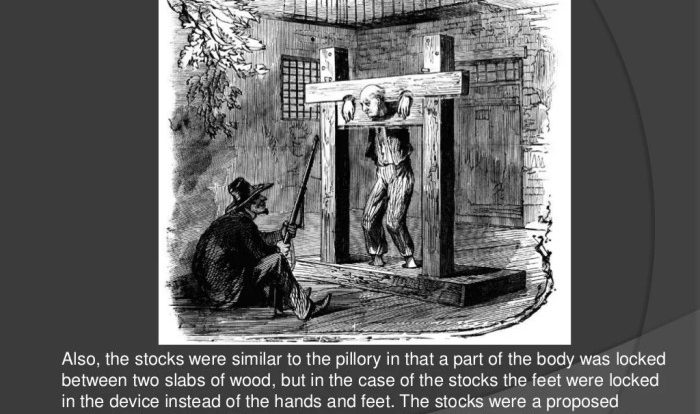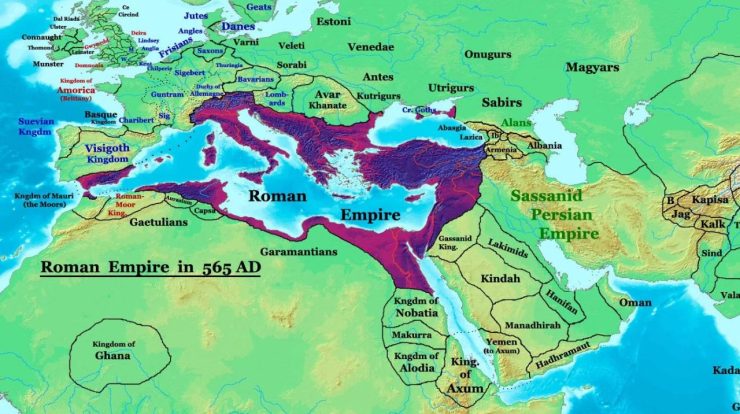Spanish and Portuguese officials who resided temporarily in Latin America played a pivotal role in shaping the region’s history, culture, and development. This article delves into their motivations, responsibilities, and the profound impact they left on Latin American societies.
From governance to economic development, these officials left an enduring legacy that continues to influence the region today.
Historical Context
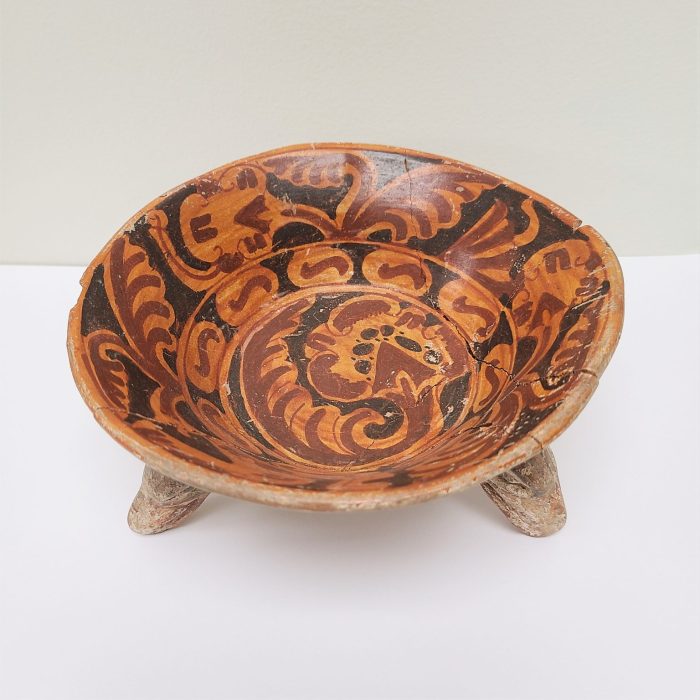
The presence of Spanish and Portuguese officials in Latin America can be traced back to the era of European colonization in the 15th and 16th centuries. The primary motivation for their presence was to establish and maintain control over the newly acquired territories, with the aim of exploiting their resources and converting their inhabitants to Christianity.
Roles and Responsibilities
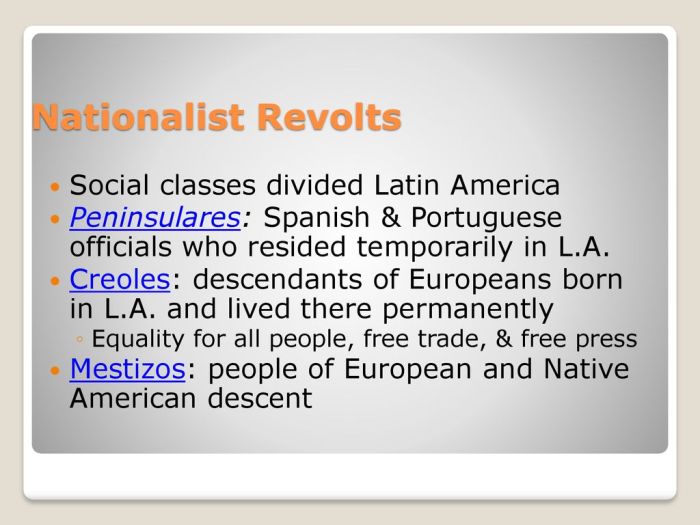
Spanish and Portuguese officials in Latin America held a wide range of roles and responsibilities, including:
- Governance: They were responsible for the administration of justice, the collection of taxes, and the maintenance of law and order.
- Administration: They oversaw the establishment and operation of schools, hospitals, and other public services.
- Economic development: They promoted the development of agriculture, mining, and trade, often through the establishment of monopolies and other mercantilist policies.
Cultural Impact
The presence of Spanish and Portuguese officials had a profound impact on Latin American societies. They introduced European languages, religions, and social customs, which gradually became integrated into the local cultures.
- Language: Spanish and Portuguese became the dominant languages in most of Latin America, with many indigenous languages being suppressed.
- Religion: Catholicism was imposed on the indigenous population, often through forced conversions.
- Social customs: European social norms and practices were introduced, including the patriarchal family structure and the concept of private property.
Challenges and Conflicts
Spanish and Portuguese officials faced a number of challenges and conflicts in Latin America, including:
- Resistance from indigenous populations: Indigenous peoples often resisted European rule, leading to violent conflicts and uprisings.
- Tensions between colonial rule and local autonomy: The Spanish and Portuguese imposed their own laws and institutions on the colonies, often leading to resentment and demands for greater autonomy.
- Competition between European powers: Spain and Portugal were not the only European powers present in Latin America, and there were often conflicts over territory and resources.
Legacy and Influence
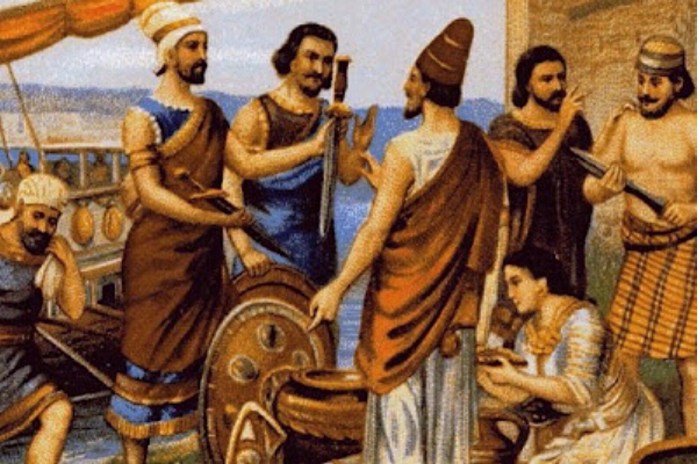
The legacy of Spanish and Portuguese officials in Latin America is complex and multifaceted. On the one hand, they played a significant role in the development of the region’s political, economic, and social institutions. On the other hand, their presence also led to the suppression of indigenous cultures and the exploitation of local resources.
- Political institutions: The Spanish and Portuguese introduced the concept of centralized government to Latin America, which has influenced the region’s political systems to this day.
- Economic institutions: The mercantilist policies introduced by Spanish and Portuguese officials laid the foundation for the region’s economic development.
- Social institutions: The social norms and practices introduced by Spanish and Portuguese officials have had a lasting impact on Latin American societies.
Expert Answers: Spanish And Portuguese Officials Who Resided Temporarily In Latin America
Who were the Spanish and Portuguese officials who resided temporarily in Latin America?
They were representatives of the Spanish and Portuguese empires who were sent to Latin America to govern, administer, and oversee economic development.
What were their motivations for coming to Latin America?
Their motivations included expanding their empires, exploiting natural resources, and spreading Christianity.
What was their impact on Latin American societies?
They had a profound impact on Latin American languages, religions, social customs, and political systems.

